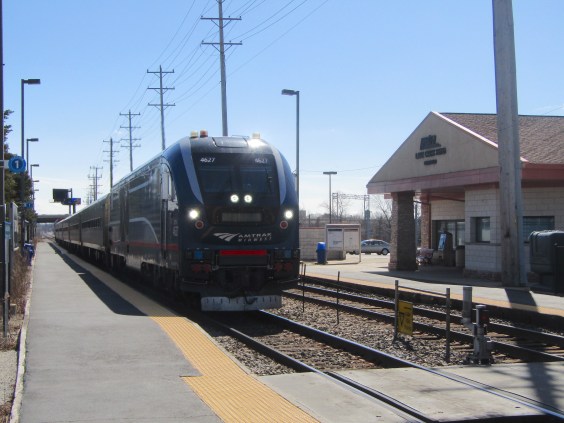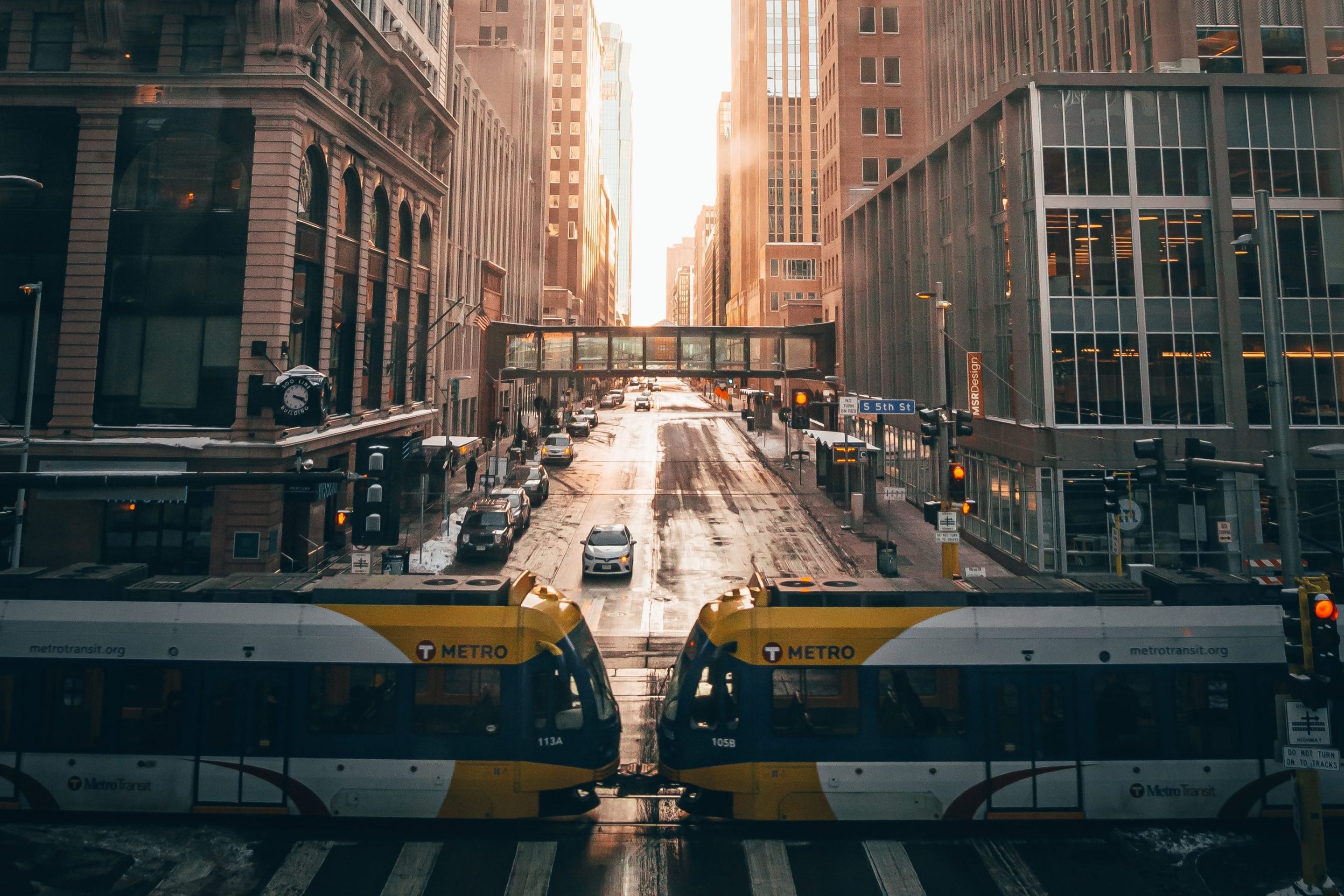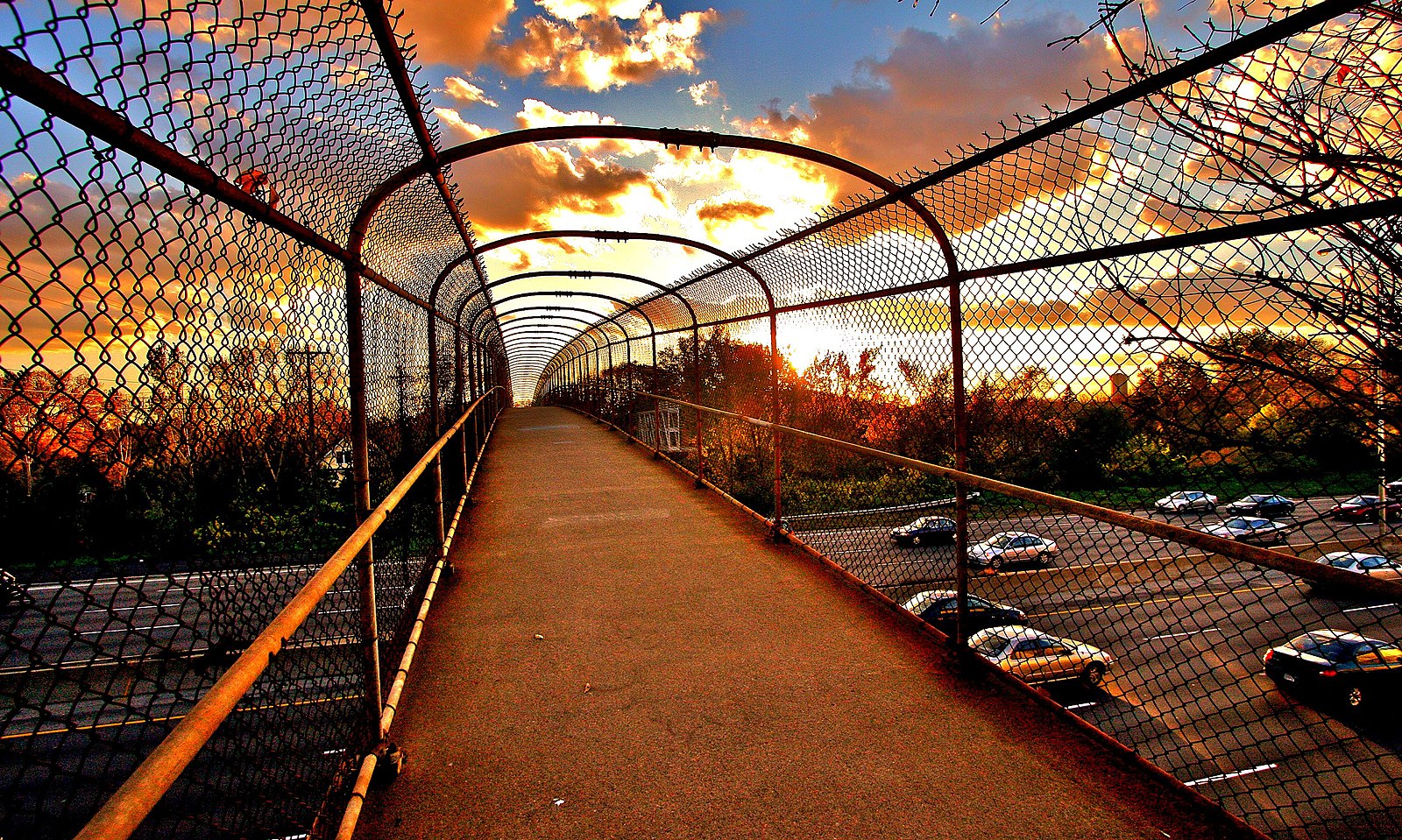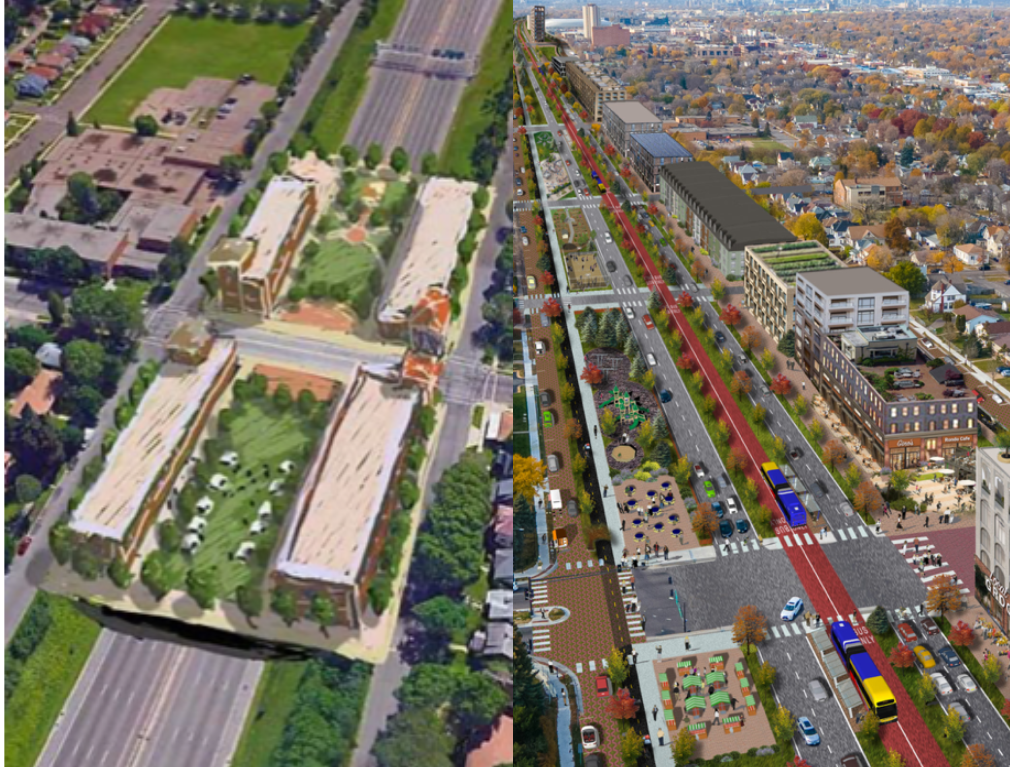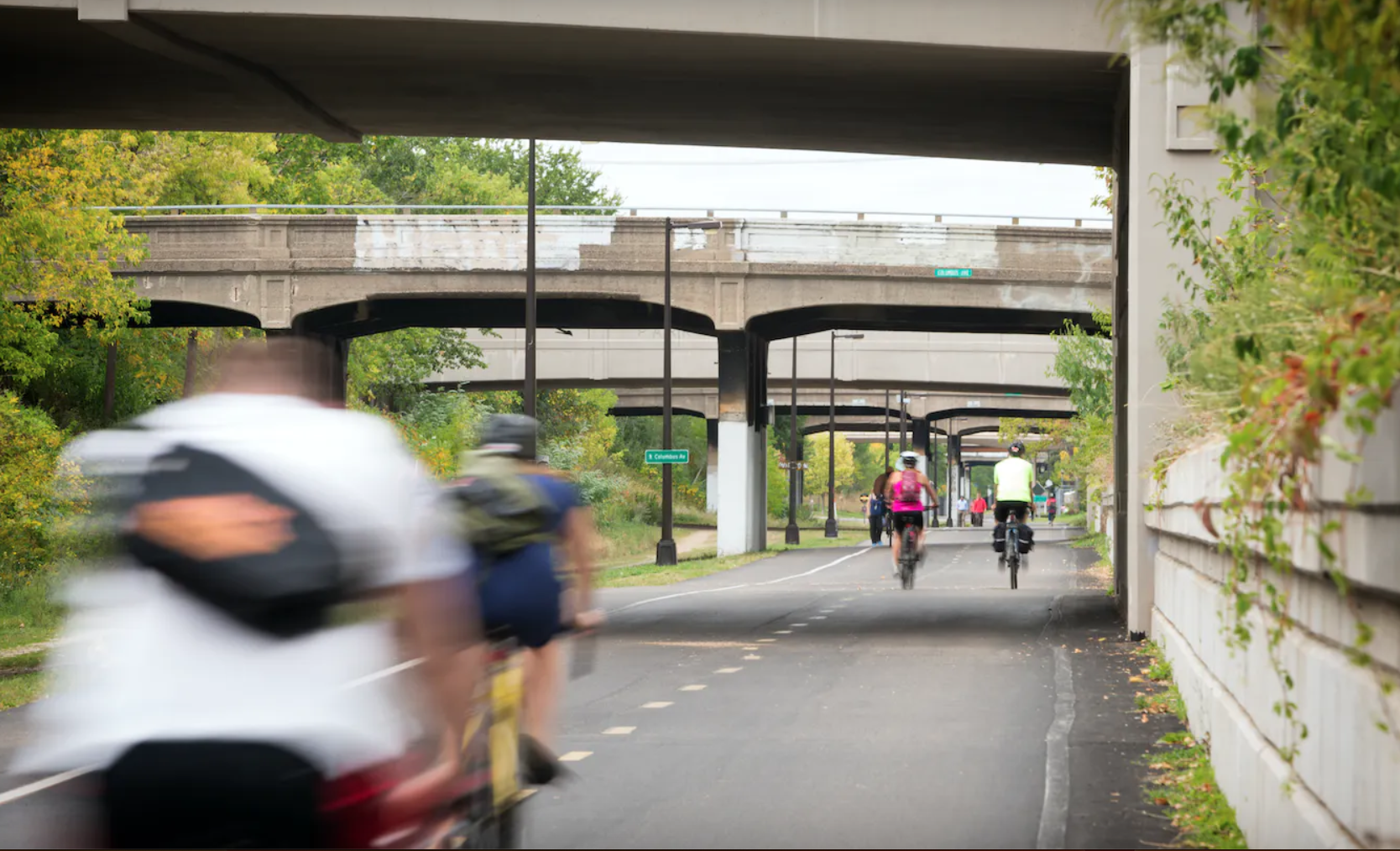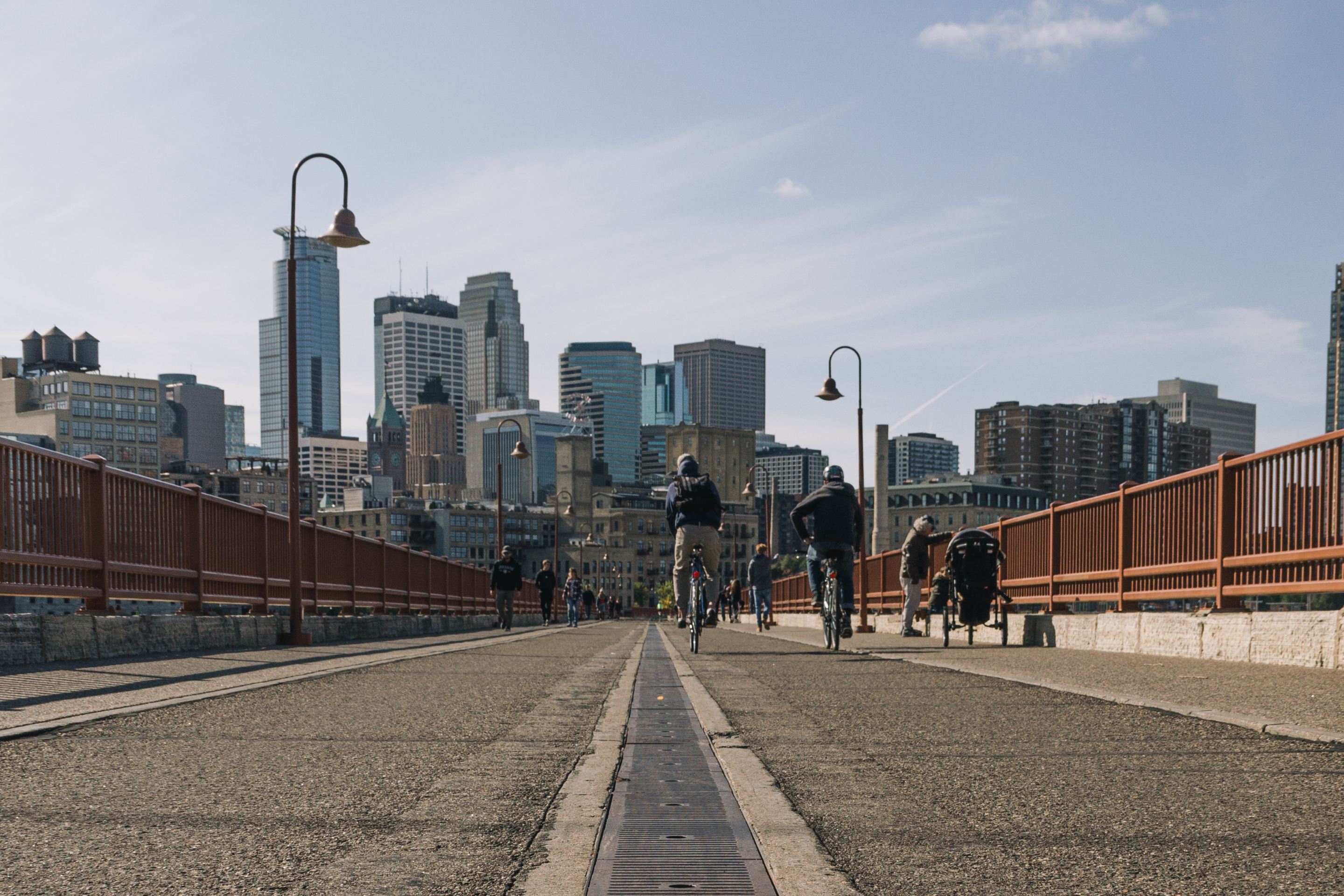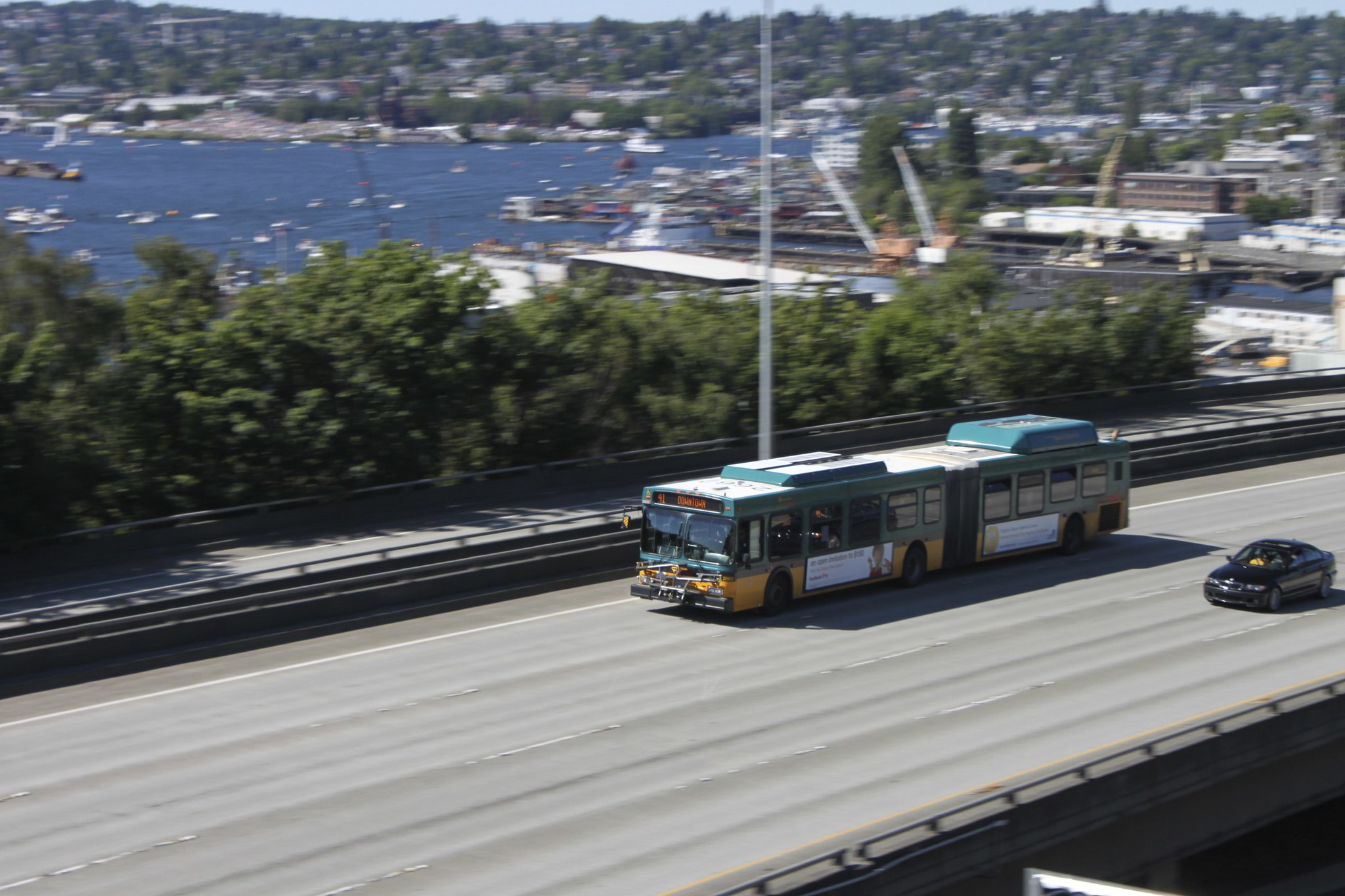Minneapolis
What’s A Transportation Reformer’s Role In the Fight Against ICE Violence?
Migrants and protestors are being killed in the streets by ICE agents. What should transportation reform advocates do?
Northern delights: Amtrak’s new Borealis Chicago – Twin Cities service launches May 21
The Borealis will offer earlier arrival to Minneapolis-St. Paul, later departure.
Talking Headways Podcast: Details of Development Reform in Minnesota, Part I
Jim Kumon of Electric Housing discusses his work as a developer and urban policy educator in the Twin Cities.
Letter from Minneapolis: The Legacy of Highway Construction
Highways were convenient tools to rid the cities of perceived social ills, a mindset deeply embedded in white supremacy. Here's how it played out in two neighborhoods.
What the Defeat of the Minneapolis 2040 Land Use Reform Means for the Rest of America
Minneapolis 2040 has been called America's leading YIMBY success story. Now, it's becoming its greatest tragedy.
How To Take a Freeway Fight to the Next Level
Is giving up on a full-scale highway teardown a prudent compromise or a policy failure? We sat down with two Twin Cities advocates to get their take.
Twin Cities Advocates Split Over What’s Possible for Their Downtown Highway
Advocates in the Twin Cities agree that I-94 devastated Black communities. But they don't agree on what can — and should — be done about it.
How Minneapolis Became a Top U.S. Bike City
This Midwestern city prioritized bicycling by lowering speed limits, redesigning streets, and implementing an equitable, all ages and abilities network. Here's how.
Did Minnesota Just Release the Best Statewide Transportation Bill Yet?
Minnesota's new state transportation financing and policy bill reads like a sustainable transportation advocates' holiday wishlist. How did they get there— and could it be a model for other communities, too?
Less Driving Is Possible — And These US Communities Are Already Doing It
Residents of several states and cities have driven fewer miles on average in recent years than they did two decades ago. This decline suggests that Americans’ high levels of driving are not inevitable — and more communities can follow their lead.

